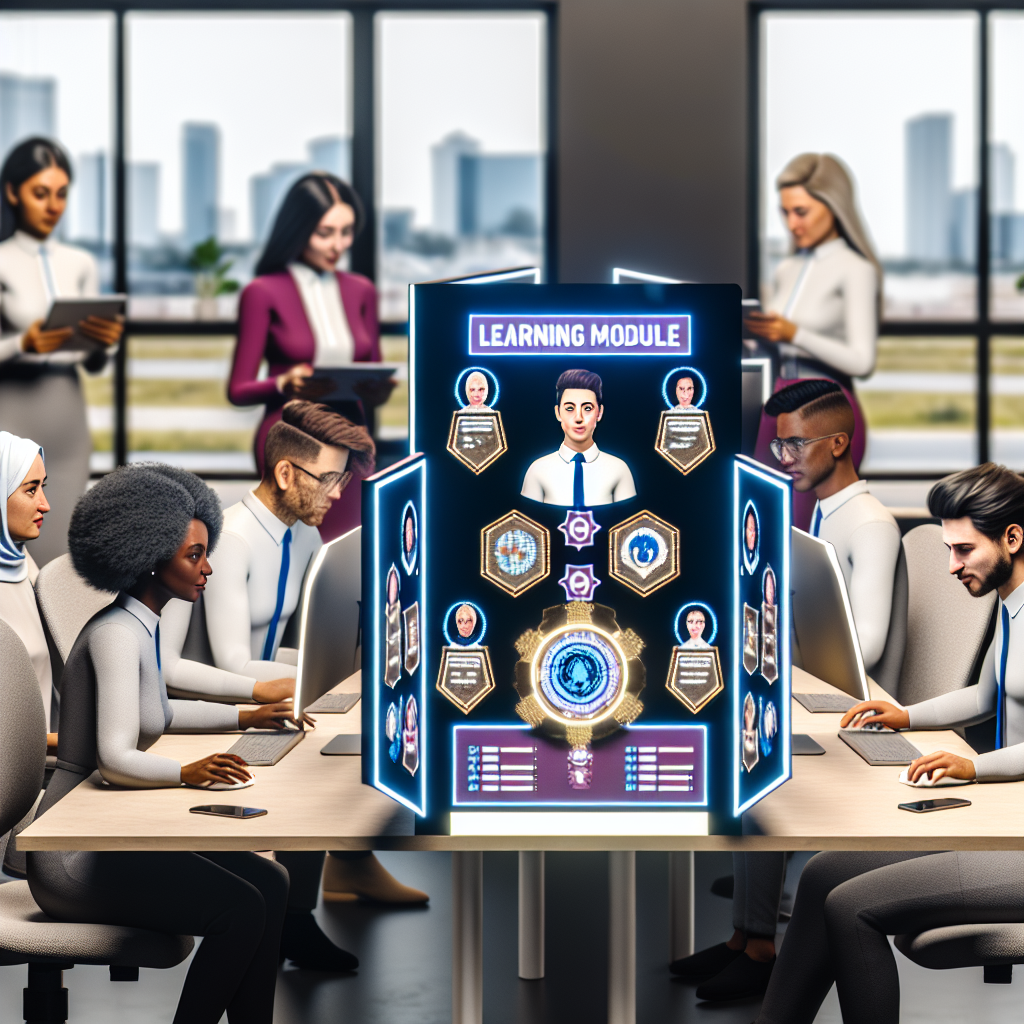Innovative Training Strategies: How Personalized Learning Drives Engagement and Retention

"Having an effective training strategy ensures that employees receive the education they need to stay competitive in today's challenging business landscape."
Driving Organizational Success through Tailored Training Programs
In the rapidly evolving IT landscape, organizations must prioritize up-to-date training to bridge skill gaps and maintain competitive advantage. An insightful discussion with Brett Shively, CEO of ACI Learning, highlights the critical role of personalized training strategies in achieving this goal. By recognizing the diverse needs of employees, companies can foster a culture of continuous learning and professional development.
Personalization and Engagement: The Key to Effective Training
Traditional one-size-fits-all training programs are losing relevance. Organizations are now adopting tailored approaches to cater to individual learning preferences, influenced by generational differences. For instance, Gen Z favors short, engaging content, while Millennials prefer structured, long-form instruction. Leveraging versatile training platforms ensures diverse learning styles are accommodated, leading to enhanced employee satisfaction and retention.
The Role of AI in Transforming Training
AI-powered tools are revolutionizing training by offering personalized learning paths and efficient learning aids like automatic flashcards. However, the transition to AI-integrated training should be gradual, providing ample support to avoid overwhelming employees. This integration not only boosts engagement but also equips technical and non-technical workers with essential skills for the future.
Incentivization: Making Training Enjoyable and Rewarding
Maintaining enthusiasm for learning can be challenging. Shively suggests incorporating elements like gamification and tangible rewards to enhance engagement. Leader dashboards, points, levels, and challenges create a sense of competition, while rewards like gift cards and bonuses recognize and motivate employees.
Benefits of Effective Training Programs
Effective training should blend structured and self-driven learning, incorporating self-assessment and real-world practice. Enjoyable and engaging training fosters a positive learning culture and mitigates employee frustration, ultimately contributing to higher retention rates. As organizations strive for success, investing in innovative, personalized training programs proves indispensable.
